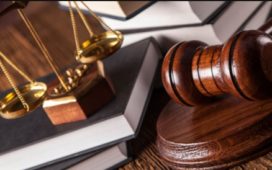Regulatory agencies are becoming stricter with compliance with environmental laws. They must ensure that entities under their jurisdiction do not use equipment or processes that can worsen environmental degradation.
For instance, those covered by the New Jersey Department of Environmental Protection (NJDEP) are required to comply with permit regulations. The objective of NJDEP permits is to direct enterprises to follow legislation that addresses different issues. Examples of these environmental problems include air quality, land use, water, and waste management.
However, applying for these permits is ridden with complexities. It is also time-consuming, requiring businesses to undertake various steps. These include evaluating the company’s equipment and operations and determining the corresponding permit. For these reasons, enterprises often consider hiring an NJDEP permit consultant to assist them with the permitting process.
Suppose commercial businesses use apparatuses that emit air pollutants. In that case, they can depend on an air permit consultant NJ to obtain the necessary licenses from the NJDEP. Reliable consultants like environmental engineers possess expertise in local regulations and a deep understanding of the NJDEP’s requirements. They can assess equipment and audit activities for potential environmental issues. They can also provide solutions to keep the company in strict compliance.
Obtaining NJDEP permits not only shows the business’s willingness to follow regulations but also brings several advantages. See this infographic created by Lockatong Engineering for more information.














